What is an NPC in Gaming: Understanding Non-Playable Characters
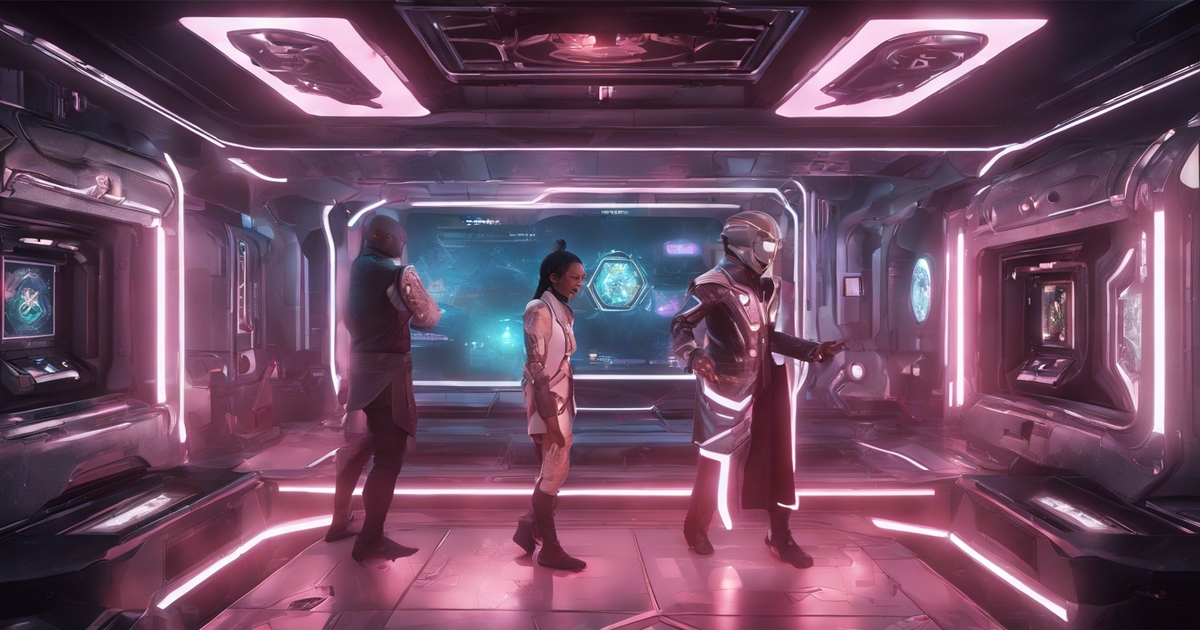
- Key Takeaways
- Definition and Origin of NPC Term
- Types of NPCs in Video Games
- Significance of NPCs in Game Storytelling
- Differentiating NPCs and Bots
- Role of NPCs in Analog Games
- Influence of NPCs on Popular Culture
- Creating Effective NPCs for Games
- Conclusion
- Frequently Asked Questions
Ever wondered who populates the virtual worlds you explore in games? Non-Player Characters, or NPCs, are the unsung heroes behind every quest, shopkeeper transaction, and epic battle.
These digital entities bring life to your gaming experience by interacting with you as you navigate through intricate storylines and challenging missions.
But what exactly is an npc in gaming? Dive into this blog post to understand what this gaming term mean and discover how they enhance your gaming adventures.
Key Takeaways
- Understanding the Role of NPCs is crucial for gamers to navigate game worlds effectively and immerse themselves in the gameplay experience.
- Differentiating between NPCs and Bots is essential as NPCs are characters controlled by the game’s programming to interact with players, while Bots are automated entities designed to perform specific tasks.
- Enhancing NPC Dialogue Through AI can elevate the level of engagement and realism in games by providing more dynamic and contextually relevant interactions.
- Creating Effective NPCs for Games involves developing well-rounded characters with distinct personalities, motivations, and behaviors to enrich the player’s journey.
- The Significance of NPCs in Game Storytelling cannot be understated, as these characters often drive narratives, offer quests, and create memorable moments that shape the player’s experience.
- The Influence of NPCs on Popular Culture extends beyond gaming, impacting literature, film, and other forms of entertainment through iconic characters like Mario and Lara Croft.
Definition and Origin of NPC Term
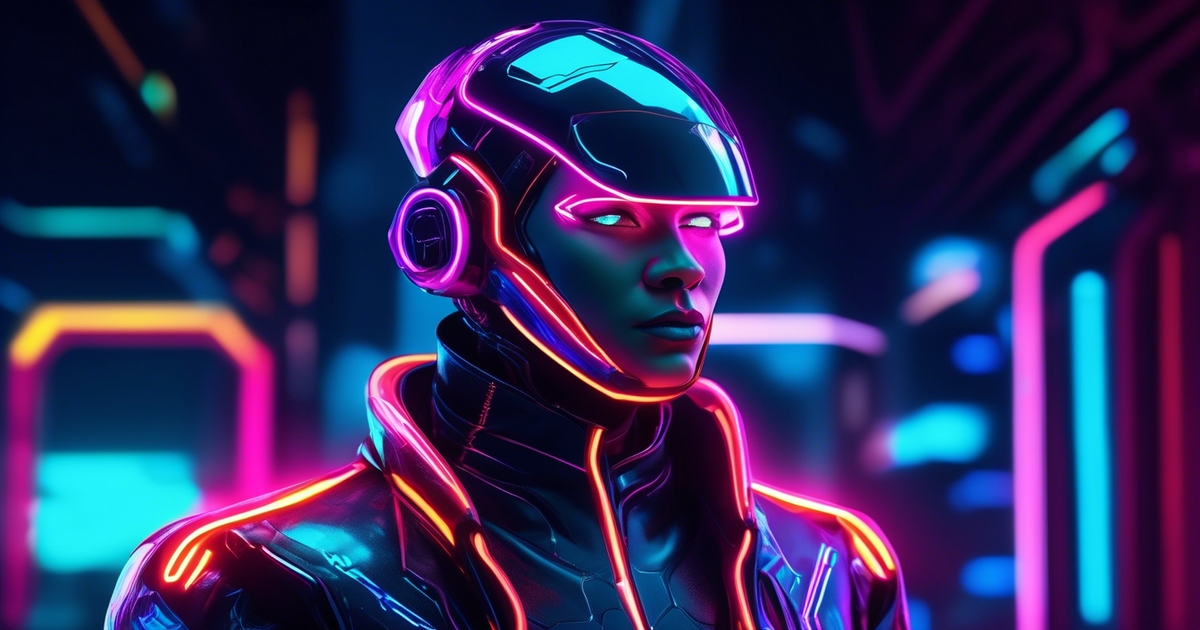
Role in Gaming
NPC, short for Non-Player Character, plays a crucial role in the gaming world. These characters are not controlled by players but rather by the game’s programming. Picture this: when you’re playing a video game, and you encounter a character that provides you with information or gives you a quest to complete – that’s an NPC.
In many games, NPCs serve as guides, enemies, allies, or even vendors where players can buy items they need to progress in the game. They add depth to the virtual world by creating interactions and scenarios that enhance gameplay.
Tabletop Origins
The term NPC first emerged in tabletop role-playing games like Dungeons & Dragons. In these games, the Dungeon Master controls all aspects of the game except for the player characters; every other character is an NPC. Think of it as being part of an elaborate play where some characters have scripted roles while others improvise based on player actions.
In tabletop RPGs, NPCs help set the scene, provide challenges for players to overcome, or offer assistance along their quests. The concept has seamlessly transitioned into video games where developers use NPCs to enrich storytelling and create dynamic environments for players.
Types of NPCs in Video Games
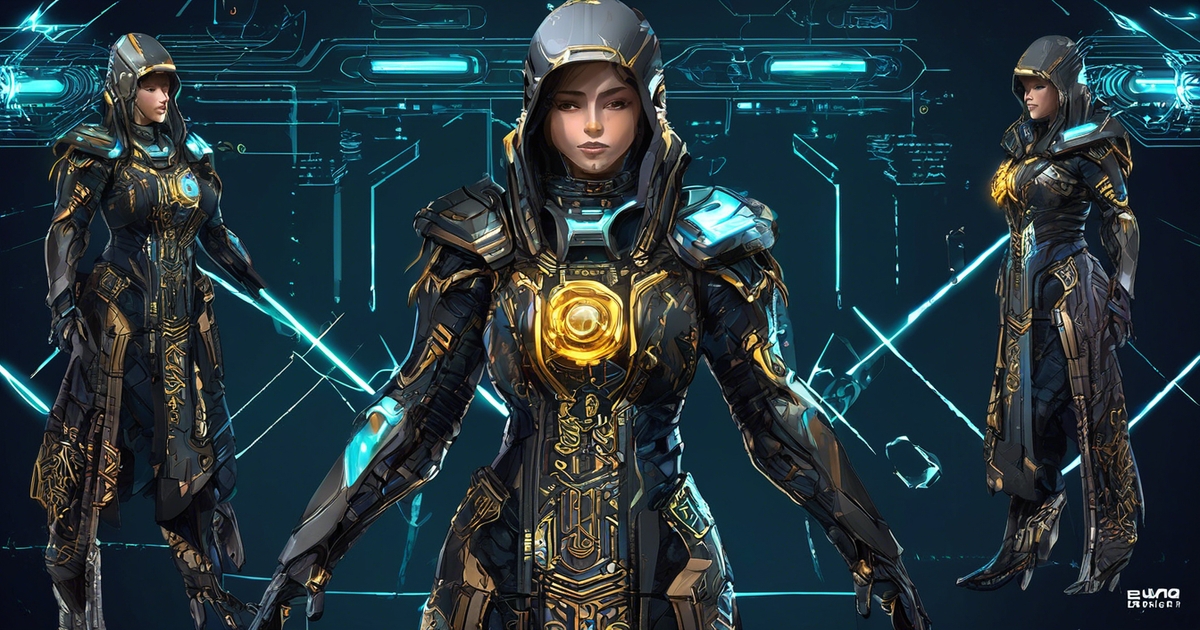
Quest-Givers, Vendors, and Enemies
NPCs in games can take on various roles. Quest-givers are characters who provide players with missions to complete. They often drive the game’s storyline forward by assigning tasks and offering rewards upon completion. Vendors, on the other hand, sell items such as weapons, armor, potions, or other essential supplies to players. These NPCs play a crucial role in assisting players in gearing up for their adventures within the game world. Lastly, we have enemies as NPCs that engage players in combat scenarios. They pose challenges and obstacles that players must overcome to progress through the game.
Companion NPCs
Another type of NPC commonly found in video games is the companion NPC. These characters join forces with the player-controlled character throughout their journey, offering assistance during battles or providing valuable information about quests and objectives. Companion NPCs can enhance gameplay by adding depth to the narrative and creating opportunities for strategic cooperation between characters.
Background NPCs
In addition to interactive NPCs like quest-givers and enemies, there are also background NPCs that populate the game world without direct interaction with players. These non-playable characters contribute to creating a vibrant and immersive environment by simulating a living world around the player-controlled character.
Significance of NPCs in Game Storytelling
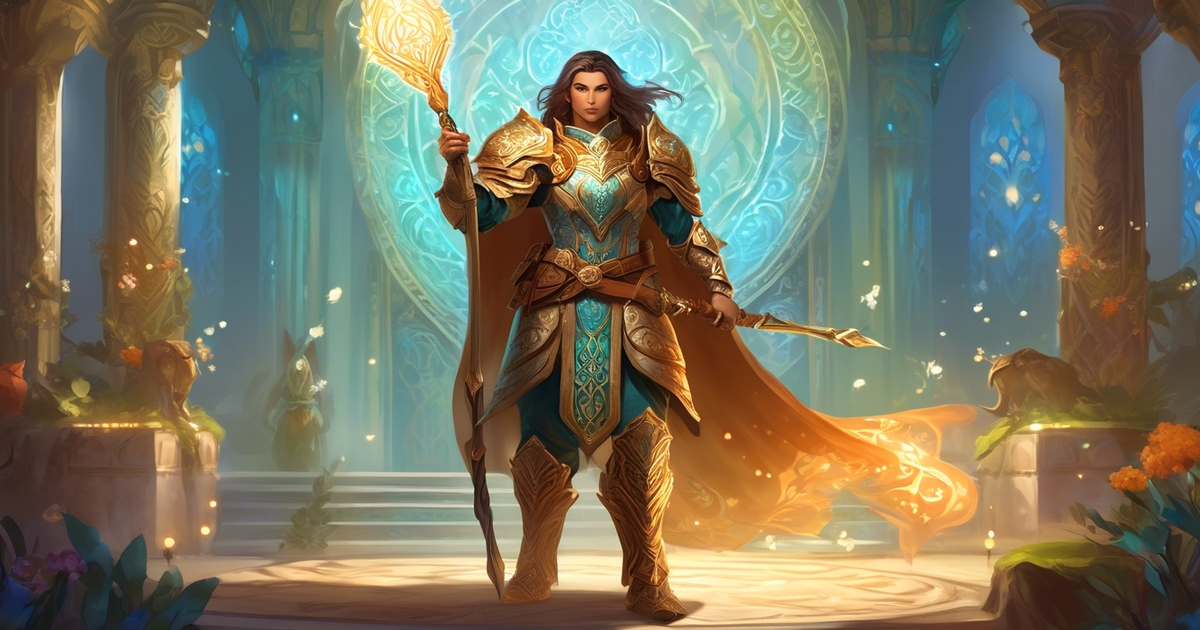
Plot Progression
NPCs play a crucial role in gaming by advancing the storyline through their dialogues and actions. Imagine playing a game where there are no characters to interact with, no one to give you quests or guide you through challenges. NPCs fill this gap by providing essential information, pushing the narrative forward, and creating a sense of purpose for the player. For instance, in “The Witcher 3: Wild Hunt,” characters like Geralt’s mentor Vesemir or Triss Merigold drive the story by giving quests that lead to different outcomes.
NPCs offer players an immersive experience by making the game world feel alive and dynamic. They populate cities, towns, dungeons, and forests with unique personalities, backgrounds, and motivations. This diversity adds richness to the environment and makes it more engaging for players exploring these virtual worlds. In games like “Red Dead Redemption 2,” non-playable characters such as shopkeepers, bandits on the road, or fellow gang members contribute to creating a vibrant Old West setting that feels authentic.
Player Choices
Interactions with NPCs can significantly influence player decisions within a game, affecting both immediate outcomes and long-term consequences. By presenting players with dilemmas or opportunities based on these interactions, NPCs shape the gameplay experience according to how individuals engage with them. For example:
- Choosing to help an NPC in distress might lead to receiving valuable rewards later.
- Ignoring warnings from an NPC about impending danger could result in facing tougher enemies down the line.
- Forming alliances or rivalries with certain NPCs may alter storylines or unlock specific endings.
In essence,NPCs serve as catalysts for player agency, allowing gamers to mold their experiences based on dialogue choices made during conversations or actions taken throughout their journey.
Differentiating NPCs and Bots
There are several distinctions between NPCs and bots. Here’s a neat table summarizing them:
| NPC (Non-Player Character) | Bot |
|---|---|
| Controlled by game AI or scripts | Controlled by algorithms or scripts |
| Typically part of the game world | Can be used for various purposes, including cheating or automation |
| Often used to provide quests, information, or interact with players | Can be programmed to perform specific tasks or actions |
| Usually have pre-set behaviors and dialogues | Can adapt to changing conditions or player behavior |
| Serve to enhance the game world and provide a more immersive experience | Can sometimes be disruptive or unfair in multiplayer games |
NPC Characteristics
Non-Player Characters (NPCs) are essential elements in gaming narratives, enriching the player’s experience by providing interactions, quests, and dialogue. Unlike bots, which are automated entities programmed for specific tasks like gathering resources or combat, NPCs possess distinct personalities and roles within the game world. For example, in role-playing games (RPGs), NPCs can be quest-givers offering missions that advance the storyline or provide valuable rewards to players.
NPCs come in various types across different genres of games. Some may act as allies assisting players on their journey, while others serve as enemies challenging them in battles. The diversity of NPCs adds depth to the gaming environment, creating a dynamic and immersive experience for players. In open-world games like “The Elder Scrolls V: Skyrim,” NPCs populate cities with unique behaviors and routines, making the game world feel alive and responsive to player actions.
Bot Distinctions
Bots function differently from NPCs, primarily focusing on executing repetitive tasks efficiently without displaying individuality or complex behavior traits. In multiplayer online battle arena (MOBA) games such as “League of Legends,” bots are commonly used to fill empty slots in matches when enough human players are not available. These bots follow predetermined patterns of behavior aimed at fulfilling basic objectives within the game but lack the depth of interaction found in NPCs.
Role of NPCs in Analog Games
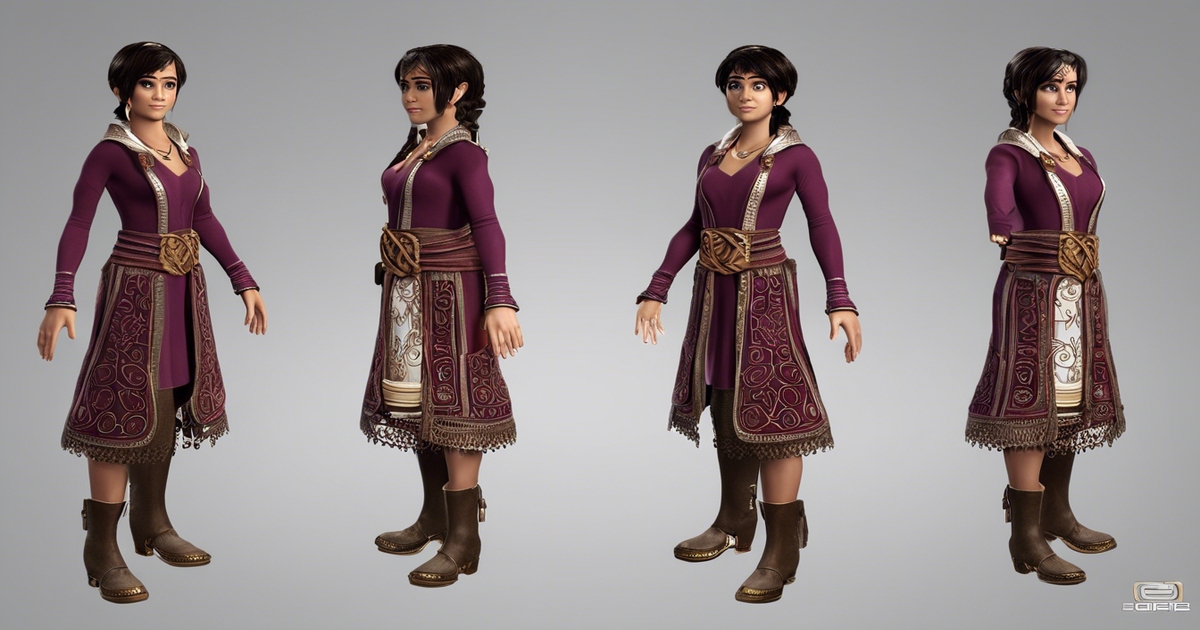
Strategic Gameplay Enhancement
NPCs in board games play a crucial role by adding depth and complexity to the gaming experience. Whether they are adversaries or allies, NPCs make the gameplay more engaging and challenging. For instance, in a cooperative board game where players work together to achieve a common goal, NPCs can introduce unexpected obstacles that require strategic planning and teamwork to overcome.
In games like Dungeons & Dragons, analog game NPCs are often controlled by the game master and serve as guides, quest givers, or enemies for the players. Their actions can influence the direction of the game and force players to think critically about their next moves. This element of unpredictability keeps the gameplay fresh and exciting, encouraging creativity and quick decision-making among participants.
One key function of NPCs in analog games is their ability to introduce randomness into the gameplay. By adding elements of chance through NPC interactions, players must adapt their strategies on-the-fly based on unforeseen events. This dynamic aspect not only tests players’ adaptability but also encourages them to think strategically under pressure.
Influence of NPCs on Popular Culture
Cultural Symbols
Iconic video game NPCs hold significant influence in popular culture, transcending their virtual worlds. Characters like Mario, Sonic the Hedgehog, and Lara Croft have become cultural symbols known worldwide. These NPCs often represent specific eras in gaming history and evoke nostalgia among players.
Beloved NPCs frequently inspire various forms of fan engagement beyond gaming circles. Their impact extends to merchandise, animated series, and even theme park attractions. For instance, Pikachu from Pokémon has garnered a massive following not only in games but also through a successful anime series and widespread merchandise sales.
Memorable Catchphrases
The catchphrases of memorable NPCs resonate strongly with fans across different platforms. Phrases like “It’s-a me, Mario!” or “Do a barrel roll!” have permeated social media feeds and everyday conversations. These catchphrases serve as shared references that unite gamers and non-gamers alike under the umbrella of pop culture.
Creating Effective NPCs for Games
Designing Personalities
Creating NPCs in games involves designing unique personalities to make them memorable. By giving each NPC distinct traits, quirks, and backgrounds, game creators can enhance the player’s experience. For example, a grumpy blacksmith who only speaks in rhymes or a wise old wizard with a penchant for bad jokes can leave a lasting impression on players.
Designing game characters with varied behaviors and reactions is essential for increasing engagement with NPCs. When NPCs respond differently to player actions or have dynamic behavior patterns, it adds depth to the gaming experience. This variety keeps players interested and invested in interacting with different characters throughout the game world.
Conclusion
You’ve now uncovered the intricate world of NPCs in gaming, from their origins to their impact on storytelling and popular culture. NPCs aren’t just characters; they’re the lifeblood of immersive gameplay, adding depth and realism to virtual worlds. Understanding the nuances of creating effective NPCs can elevate a game from good to legendary, resonating with players long after they’ve put down the controller.
As you delve deeper into the realm of gaming, remember the crucial role NPCs play in shaping your experience. Whether you’re a player, developer, or simply a fan of the gaming industry, appreciating the artistry behind well-crafted non-player characters can enhance your enjoyment and understanding of this dynamic medium. Get ready to embark on new gaming adventures with a newfound appreciation for the unsung heroes of virtual realms!
Frequently Asked Questions
What is the role of NPCs in gaming?
NPCs, or non-player characters, play crucial roles in providing interaction and depth to video games. They can be quest-givers, enemies, allies, or simply add life to the game world.
Where did the term NPC originate from?
The term “NPC” originated from tabletop role-playing games like Dungeons & Dragons. It refers to characters controlled by the game master rather than a player.
How do NPCs enhance game storytelling?
NPCs contribute to immersive storytelling by providing context, guiding players through narratives, and creating emotional connections within the game world.
Can you differentiate between NPCs and bots in gaming?
While both NPCs and bots are computer-controlled entities in games, NPCs are designed with specific roles within the game world’s narrative, whereas bots typically focus on repetitive tasks or combat actions.
How do NPCs influence popular culture beyond gaming?
NPCs have transcended gaming into popular culture through memes, references in movies/TV shows (like The Sims), and even inspiring real-world interactions that mirror their behaviors.
